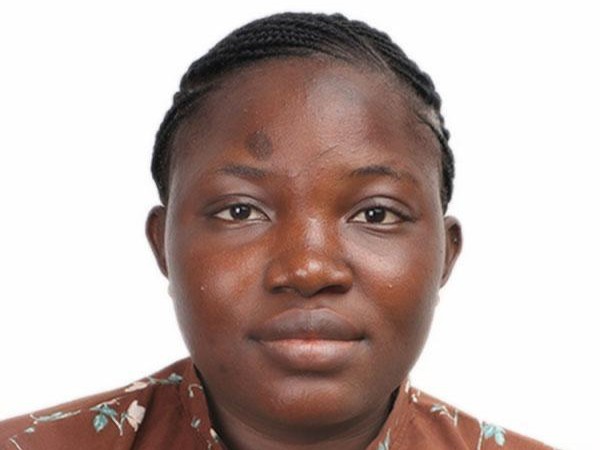
At the inaugural “Africa FinTech & Data Innovation Forum,” leading data scientist and AI expert Nafisat Temilade Popoola raised the alarm over Africa’s fragmented data landscape, warning that the lack of comprehensive, structured data severely hampers efforts to combat financial fraud across the continent.
Speaking at the forum—a first-of-its-kind event that brought together experts from the fields of technology, finance, and policy—Popoola stressed that high-quality, large-scale data is indispensable for training AI systems to detect fraudulent transactions and prevent financial crimes. “Financial fraud remains a pervasive challenge, but with robust AI and data science techniques, we can unearth hidden patterns and anomalies that traditional methods simply miss,” she said. “However, without reliable data infrastructure and significant investment in our digital ecosystems, Africa’s fight against fraud will continue to be undermined.”
Popoola noted that while there have been isolated successes in employing AI within the financial sector, the overall investment in data science initiatives remains insufficient. “Current funding is largely piecemeal, with many projects relying on modest contributions from private entities. We must rethink our approach and build scalable, low-power AI systems tailored to the unique infrastructural realities of our societies,” she explained.
During her address, Popoola highlighted the potential of AI-powered fraud prevention systems to not only secure financial transactions but also restore consumer confidence in digital banking and e-commerce. “In the digital finance age, every fraudulent transaction leaves a mark on our economic stability. By leveraging AI, we can provide financial institutions with the tools to predict and prevent fraud before it occurs,” she said.
Other panelists at the forum echoed her concerns. Dr. Ilesanmi Adesida, a renowned engineer and data strategist, pointed out that while global markets invest billions in AI-driven financial security measures, Africa continues to lag behind. “We are in a global race where the stakes are high. If we fail to invest in our data infrastructure now, we risk falling behind not just in financial services, but in overall economic progress,” he remarked.
Professor Omowunmi Sadik, known for her groundbreaking research in biosensors and machine learning, discussed how AI applications extend beyond fraud detection to enhancing customer service and streamlining regulatory compliance in financial institutions. “Our experiments with AI-driven models have already shown promising results in identifying suspicious transactions in real time. This is just the beginning,” she added.
Technology entrepreneur Dr. Fayé A. Briggs stressed that, aside from detection, monetizing AI solutions is essential to foster a self-sustaining ecosystem in which innovation drives economic growth. “For Africa to truly harness the power of AI in preventing financial fraud, we need to cultivate business models that not only secure our financial systems but also create new economic opportunities for our people,” he asserted.
John Kamara, an AI transformation expert and CEO of AICE Africa, concluded the session by emphasizing the importance of a localized approach to AI adoption. “Africa’s data challenges are unique. We must build systems that reflect our realities rather than adopting Western models that don’t fit our context,” he said.
As the forum drew close, Nafisat Temilade Popoola’s call to action resonated strongly with the audience. Her vision for an AI-driven revolution in financial fraud prevention offers a promising blueprint for leveraging technology to safeguard Africa’s financial future and spur sustainable economic development.






